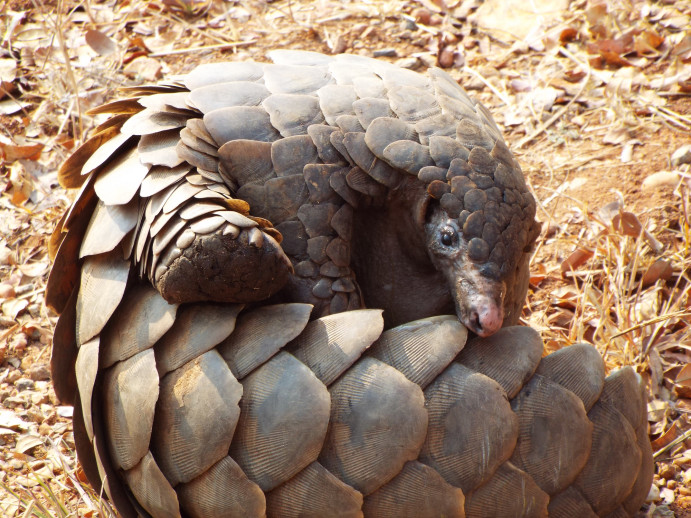Wildlife Protection

Relevant Work
- The Global Law Alliance developed a handbook “Mutual Legal Assistance in Wildlife Trafficking Cases in Peru: A Practical Guide” in collaboration with the American Bar Association Rule of Law Initiative as part of its Combating Wildlife Trafficking to Prevent Organized Crime in the Andean Region project, funded by the U.S. Department of State’s Bureau of International Narcotics and Law Enforcement Affairs (INL). The handbook is available at the link above for free.
- The Global Law Alliance filed a Petition under the Pelly Amendment to protect endangered pangolins. The Petition asks the U.S. to certify that China’s pangolin trade violates the Convention on International Trade in Endangered Species (CITES). Pangolins are the most heavily trafficked mammals in the world. These scaly mammals are consumed in China as a luxury meat, and pangolin scales are used in traditional Chinese medicine. Despite recent actions by China, legal exemptions and poor enforcement allow continued pangolin trade.
- Professors Lyman and Fromherz have developed and provide a comprehensive capacity-building program that supports judges, prosecutors, and ministerial officials in strengthening and enforcing wildlife laws around the world. The Global Law Alliance conducts trainings across Latin America and Africa for judges, prosecutors, investigators, and enforcement officers, including police, customs, and others that play a role in anti-trafficking efforts.
- Professor Lyman and Fromherz routinely work with governments and key partners to assess and address gaps in wildlife legislation and ancillary legal tools. Recent projects have focused on Angola, Malawi, several countries in West Africa, Bolivia, Peru, and other countries in Latin America.
- Working with the ABA-Rule of Law Initiative and partner organizations, Fromherz published an analysis of laws and practices available to combat wildlife trafficking in Bolivia and conducted related trainings with prosecutors.
- The Global Law Alliance works to ensure that CITES fulfills its mandate to its fullest for the protection of wildlife. For example, supported by a brief from Professor Lyman and clinic students, CITES Parties found that Japan had been violating the treaty for over ten years with respect to its import of sei whale meat and blubber. The consequence of this finding was the withdrawal of Japan’s commercial whaling hunt from the high seas and hundreds fewer whales taken annually.
- Professors Lyman and Fromherz have published a legal opinion that examines options to either amend CITES or to add a protocol in order to address the role that wildlife trade plays in zoonotic disease risk.
Global Law Alliance for Animals and the Environment is located in Wood Hall on the Law Campus.
MSC: 51
email ejt@lclark.edu
Global Law Alliance for Animals and the Environment
Lewis & Clark Law School
10101 S. Terwilliger Boulevard MSC 51
Portland OR 97219
